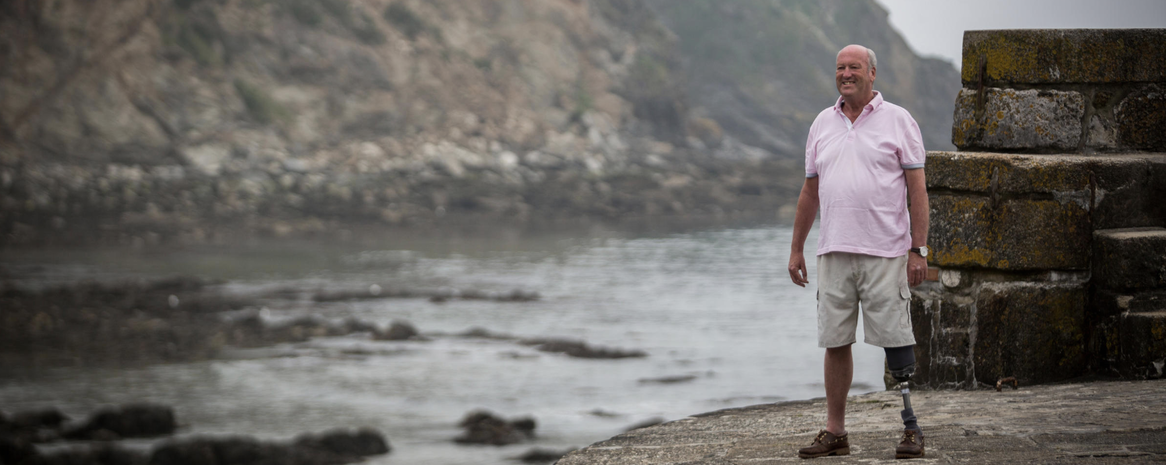My journey to understanding diabetes is serious
While I was at university, and for a number of years while I was working overseas, because I had new things going on, I fell away from managing my diabetes. I started having hospital admissions for diabetic ketoacidosis (DKA) and in 2011, when I was 26 years old, my kidney function started deteriorating. I developed swollen ankles and feet, and was constantly tired, which are early signs of kidney disease. It was only after speaking with a renal consultant that the seriousness of my condition really hit me.
In 2013, when I was 28 years old, I was told that I had developed late-stage kidney disease and that my kidneys were failing, and that I needed to consider treatment options of dialysis or a kidney transplant. My kidney function had deteriorated dramatically. In just two years, my eGFR, which measures kidney function, dropped from 40% to less than 10%. It was a steep decline that reflected years of not paying enough attention to my diabetes. In October of 2013, I found myself on the list for a kidney and pancreas transplant.
Diabetes also began to affect my vision. I underwent laser surgery multiple times to prevent blindness, a consequence of high blood sugar levels damaging the blood vessels in my eyes. I also developed foot ulcers that were slow to heal because of high blood sugar for a prolonged period of time.




